Alan Dugan (1923-2003) was a poet from New York City. He wrote with bemused sarcasm about mundane topics, infusing them with irony.
How We Heard the Name
The river brought down
dead horses, dead men
and military debris,
indicative of war
or official acts upstream,
but it went by, it all
goes by, that is the thing
about the river. Then
a soldier on a log
went by. He seemed drunk
and we asked him Why
had he and this junk
come down to us so
from the past upstream.
“Friends,” he said, “the great
Battle of Granicus
has just been won
by all of the Greeks except
the Lacedaemonians and
myself: this is a joke
between me and a man
named Alexander, whom
all of you ba-bas
will hear of as a god.”
Πώς ακούσαμε το όνομα
Το ποτάμι κατέβασε
νεκρά άλογα, νεκρούς ανθρώπους
και στρατιωτικά θραύσματα,
ενδεικτικά του πολέμου
ή άλλων επίσημων ενεργειών από ψηλά—
μα πάει πια, πέρασε κι αυτό, όλα
περνούν, έτσι συμβαίνει πάντα
με το ποτάμι. Έπειτα πέρασε
κι ένας στρατιώτης, πιασμένος πάνω
σε έναν κορμό. Φαινόταν μεθυσμένος·
τόνε ρωτήσαμε τότενες γιατί
είχε κατεβεί μέχρι τα μέρη μας,
αυτός και το κούτσουρό του,
αφημένος έτσι στο ρεύμα,
παρασυρμένος από το παρελθόν ψηλά.
«Φίλοι μου», μας λέει, «πριν λίγο τελείωσε
η μεγάλη Μάχη του Γρανικού!
Νίκησαν οι Έλληνες, δηλαδή όλοι εκτός από
τους Λακεδαιμόνιους κι από
τον εαυτό μου: είναι ένα αστείο αυτό,
ανάμεσα σ’ εμένα και κάποιον
που τον λένε Αλέξανδρο.
Όλοι εσείς οι προβατάρηδες
θα ακούσετε κάποτε να λένε γι’ αυτόν
πως είναι θεός».
Αφηγητής είναι ένας βοσκός, ο οποίος μαθαίνει από έναν υπερόπτη Έλληνα μισθοφόρο των Περσών, μάλλον το Μέμνονα, ότι νικητής στη Μάχη του Γρανικού ποταμού ανεδείχθη ο Μέγας Αλέξανδρος.
The Battle of Granicus was fought in 334 B.C. between the armies of Alexander the Great and the Persian Empire. The meaning of the soldier’s words is clarified by the fact that Alexander’s forces were made up of soldiers drawn from all the Greek city-states, with the exception of Sparta, whose citizens also went by the name of Lacedaemonians.
The term “ba-bas”—an example of the poetic device known as onomatopoeia—shows that the narrator of the poem and his fellows are shepherds, and its use by the soldier demonstrates his sense of his own superiority to them.
The Greek mercenaries who fought on the side of the Persians in that battle were led by a Greek named Memnon. He escaped the slaughter of his troops at the close of the battle. Readers have ample evidence to assume that Dugan expects them to make the connection and identify the anonymous soldier as none other than General Memnon himself in the act of deserting his men in a decidedly ignominious fashion.
Ετικέτες: Αρχαιότητα, Ελλάδα, ΗΠΑ, Ιστορία, Ποίηση




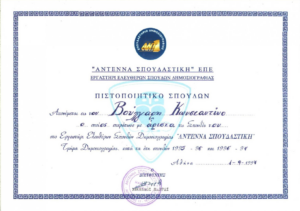






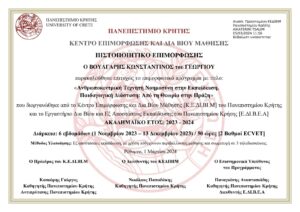









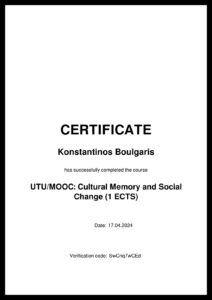



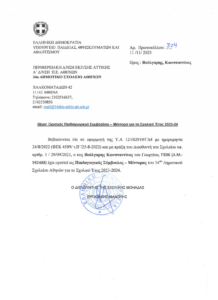

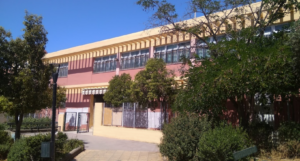







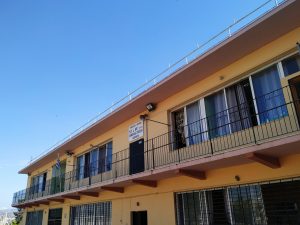

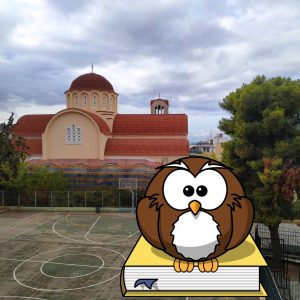


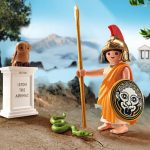

Αφήστε μια απάντηση
Για να σχολιάσετε πρέπει να συνδεθείτε.